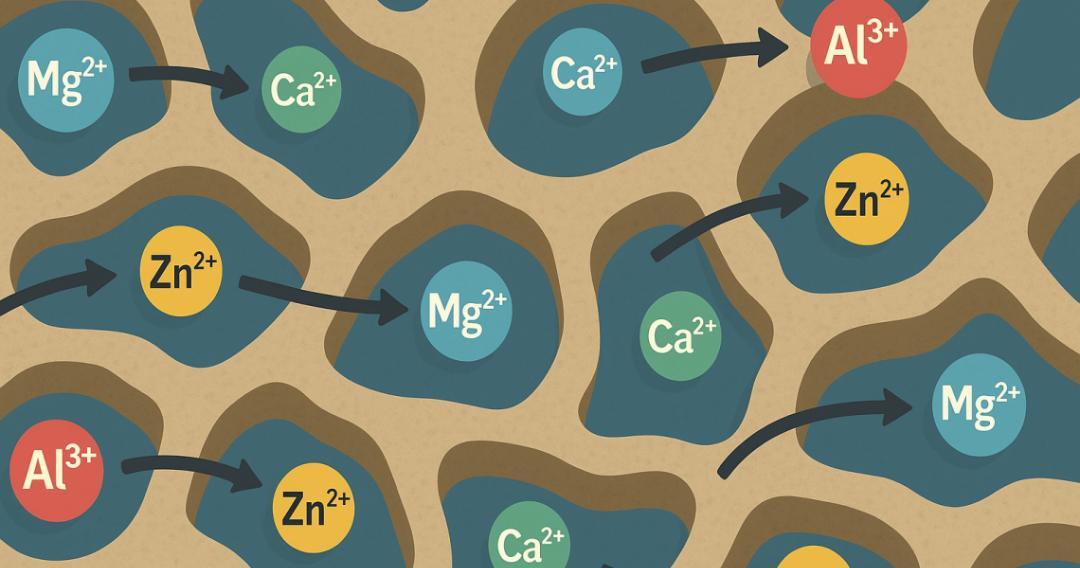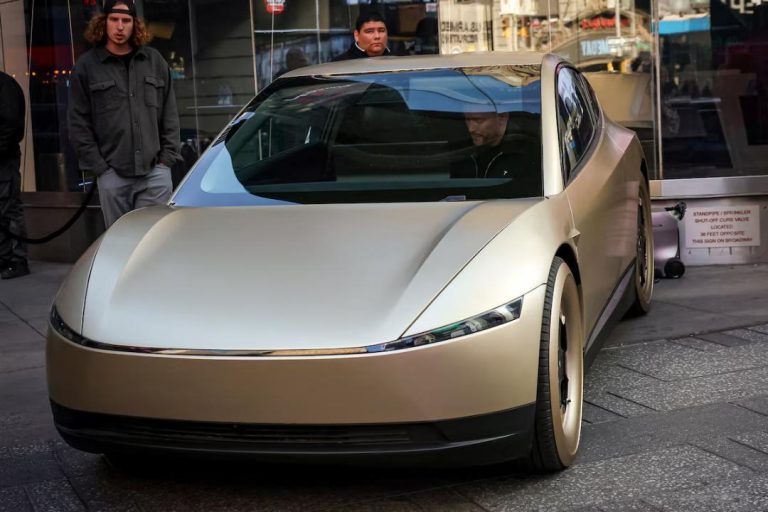
Scientists Use AI to Discover 5 Materials to Replace Lithium-Ion Batteries
The quest for more efficient and sustainable energy storage solutions has taken a significant leap forward with the discovery of five new materials that could replace lithium-ion batteries. Researchers from the New Jersey Institute of Technology (NJIT) have used generative AI to identify these porous transition metal oxide structures, which offer a cost-effective alternative to traditional lithium-ion batteries.
Lithium-ion batteries have been the gold standard for portable electronics and electric vehicles, but they come with several limitations. The extraction of lithium, a key component, is a significant environmental concern, and the batteries themselves have a relatively short lifespan. As the world continues to transition towards renewable energy sources and electric vehicles, the need for more efficient and sustainable energy storage solutions has become increasingly pressing.
The NJIT researchers, led by Dibakar Datta, used a generative AI model to search for new materials that could meet the demands of next-generation energy storage. The AI algorithm was trained on a vast dataset of existing materials and was able to predict the properties of new compounds that could exhibit desirable characteristics for energy storage.
The resulting five porous transition metal oxide structures have large channels that allow bulky multivalent ions to move quickly and safely. This is a significant improvement over traditional lithium-ion batteries, which rely on the movement of smaller lithium ions.
“One of the main challenges in developing new battery materials is identifying the optimal composition and structure,” said Datta. “Our AI model was able to rapidly explore a vast chemical space and identify the most promising materials for energy storage.”
The new materials are made from abundant elements like magnesium, calcium, and zinc, which are significantly less expensive and more environmentally friendly than lithium. This could lead to a significant reduction in the cost of energy storage and make it more accessible to a wider range of applications.
The researchers believe that these new materials could be used in a variety of applications, including electric vehicles, renewable energy systems, and consumer electronics. They are also exploring the potential use of these materials in other energy storage technologies, such as supercapacitors and fuel cells.
The discovery of these new materials is a significant breakthrough in the field of energy storage, and it has the potential to transform the way we think about energy storage and sustainability. As the world continues to transition towards a more sustainable future, the need for efficient and cost-effective energy storage solutions will only continue to grow.
“We are excited about the potential of these new materials and the impact they could have on the energy storage industry,” said Datta. “Our goal is to continue to innovate and push the boundaries of what is possible with AI and materials science.”
The NJIT researchers are already working on scaling up the production of these new materials and testing their performance in a variety of applications. The discovery of these materials is a significant step forward in the development of more sustainable and efficient energy storage solutions, and it has the potential to have a major impact on the way we live and work.
Source: https://news.njit.edu/ai-breakthrough-njit-unlocks-new-materials-replace-lithium-ion-batteries






